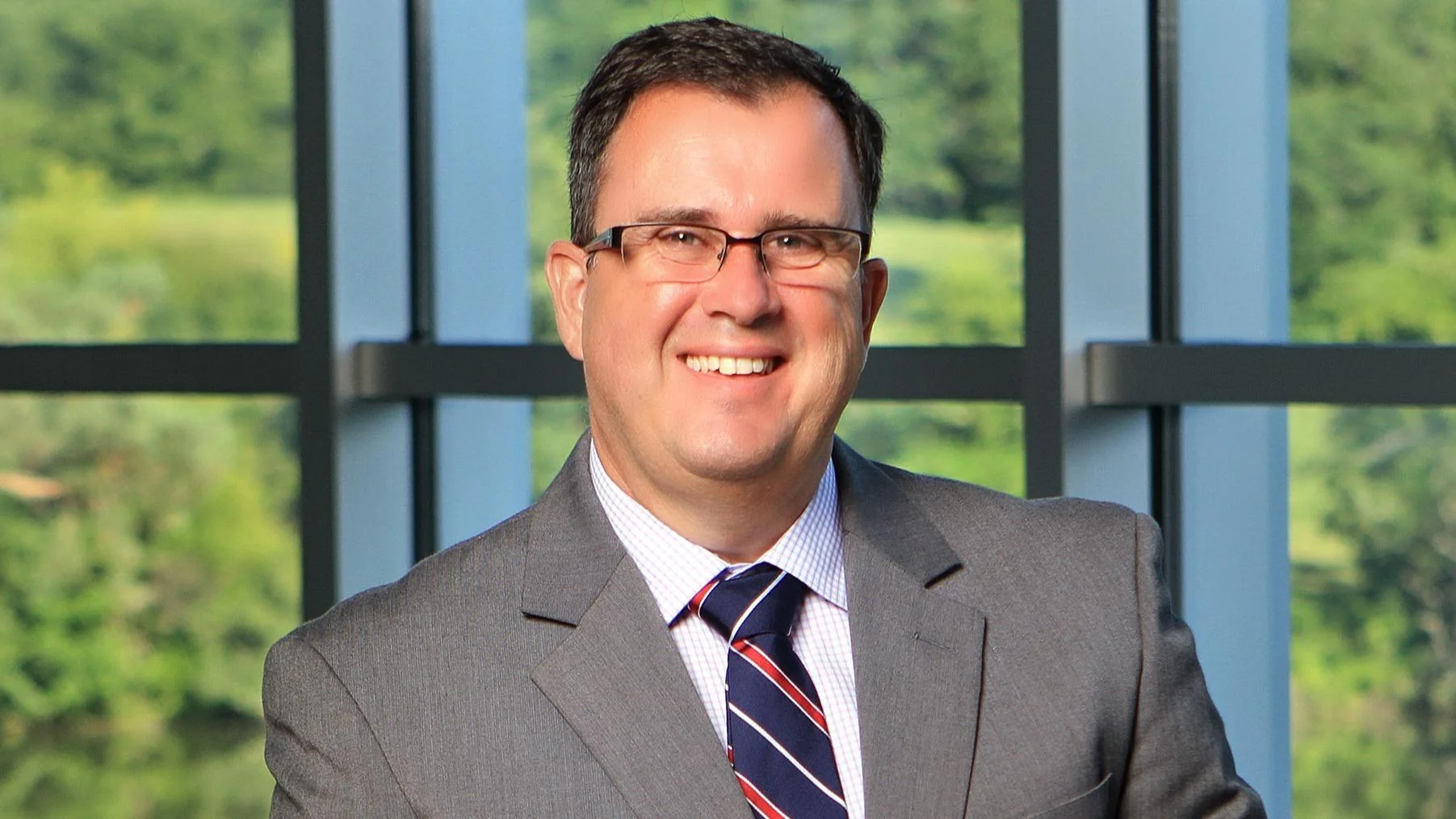Dr. Seamus Reilly President | Carl Sandburg College
Dr. Seamus Reilly President | Carl Sandburg College
The listed appropriations included grants of $200,000 and $4,400 if two, each designated for programs or services funded by the State of Illinois.
These appropriations represent state-level funding authorized by lawmakers, reflecting what was approved in the budget, not necessarily disbursed. The funds cover only State of Illinois support and exclude federal, local, or other public sources.
Founded in 1969, Carl Sandburg College states that its mission is: “To raise and receive charitable gifts, be responsible stewards of donors’ gifts, and provide financial support to students and programs of Sandburg to help further the college’s mission and vision.”
You can learn more about the organization at its website.
In its most recent IRS Form 990 filing filing for tax year 2024, the organization reported $1,078,170 in total revenue. Of that, $32,743 came from government grants including federal, state, or local sources, making up 3% of total revenue.
The nonprofit listed $309,573 in contributions overall. It also reported $9,823 in non-cash contributions, such as donated goods or services, and $276,830 categorized under other contributions, which may include restricted donations, pledges, or bequests.
In terms of staffing, the organization spent $168,680 on salaries and reportable employee compensation in 2024, along with $18,021 in additional non-salary compensation such as retirement benefits, housing allowances, or travel stipends.
Combined, these totaled $186,701 in staff-related costs, which equates to 17.3% of total reported revenue.
At the beginning of 2024, Carl Sandburg College had $20,893,900 in assets. By the end of 2024, that figure had changed to $22,780,100, indicating a 9% growth in overall holdings.
However, a Chicago City Wire analysis found that IRS filings frequently contain discrepancies when compared with publicly disclosed government grant reports and budgets.
Carl Sandburg College is one of hundreds of nonprofits across Illinois that receive substantial support from state taxpayers while also fundraising privately.
In 2025, Illinois lawmakers introduced House Bill 1266, also known as the Department of Government Efficiency (DOGE) Act. The proposal would create a new oversight body within the Office of the Auditor General tasked with identifying cost-saving measures, reviewing agency performance, and advising on audit priorities. If passed, DOGE could bring additional scrutiny and performance evaluation to taxpayer-funded organizations.
According to ProPublica, Illinois has more than 78,000 active tax-exempt organizations, including nearly 60,000 classified as charitable nonprofits. In their most recent IRS filings, these groups reported a combined revenue exceeding $156 billion.
| Fiscal Year | Total Grants/Contracts | Total Taxpayer $$ |
|---|---|---|
| 2024 | 2 | $204,400 |
| Term | Name | Title |
|---|---|---|
| 2024-2024 | Adam Sanberg | Director |
| 2024-2024 | Candace D'Agnolo | Director |
| 2024-2024 | Carol V Hagan | Vice President |
| 2024-2024 | Chad Long | President |
| 2024-2024 | Cory Gall | Foundation Treasurer, Cfo |
| 2024-2024 | Craig Willis | Director |
| 2024-2024 | Deborah Moreno | Director |
| 2024-2024 | Edward Barry | Past President |
| 2024-2024 | Eric Johnson | Chief Advancement Officer |
| 2024-2024 | Jamie L Yemm | Director |
| 2024-2024 | Mary Reeder Panther | Director |
| 2024-2024 | Michelle Kim | Secretary |
| 2024-2024 | Sandra L Wood | Director |
| 2024-2024 | Seamus Reilly | Director |
| 2024-2024 | Tracey S Moore | Director |



 Alerts Sign-up
Alerts Sign-up